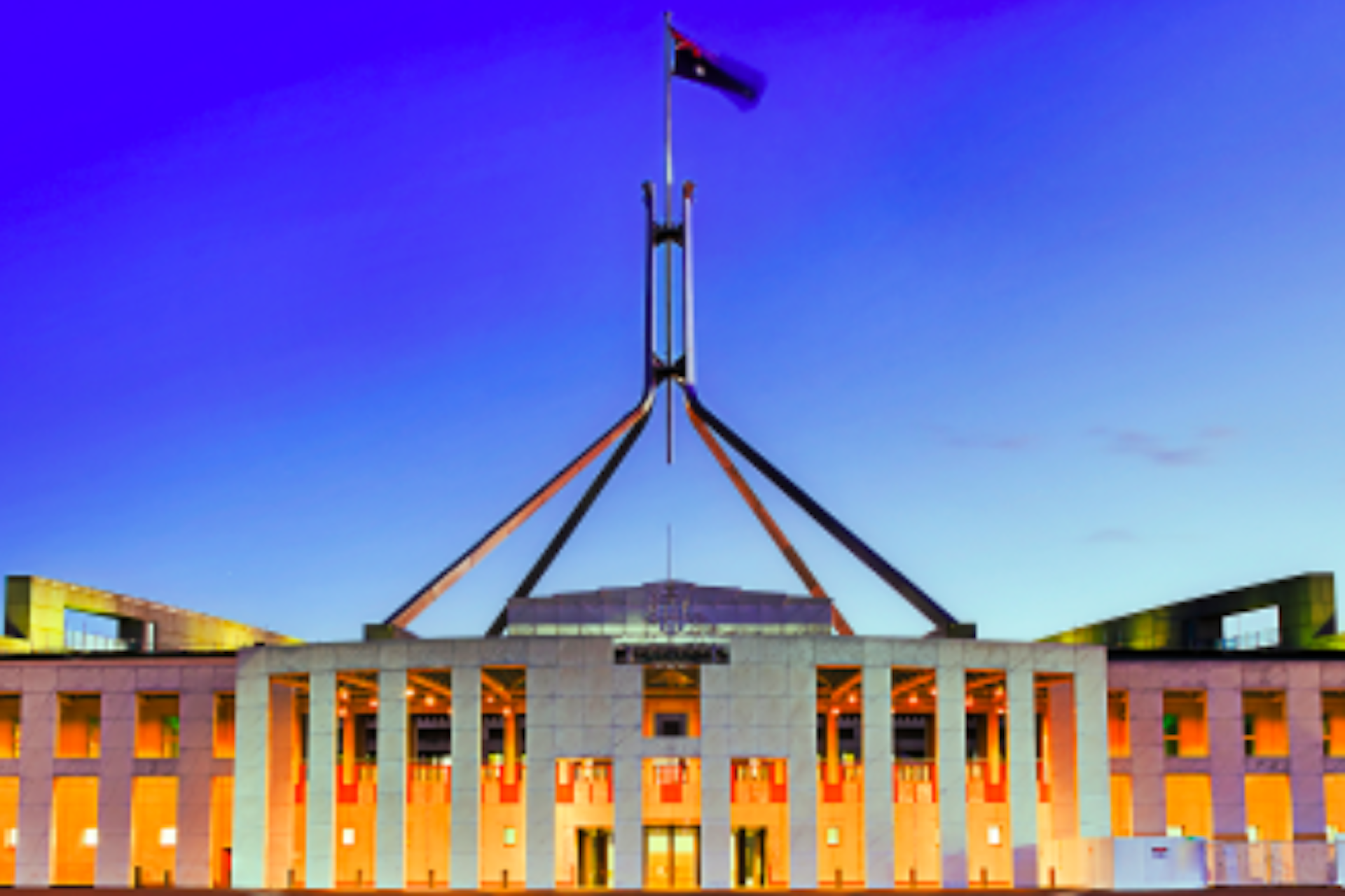With the Liberal Party trumping the Federal Election, Meltwater looked at a fortnight’s worth of social data in the lead-up to the election to reveal what influenced voters’ choices.
Australia headed to the polls on Saturday 18 May 2019 and the nation had been inundated with information from every possible avenue of news dissemination. This deluge of information provided the necessary decision maker on who they voted into the hallowed halls of government in Canberra. And with social media being a primary source of information, topics of interest swirled through the minds of the voters.
With the Cambridge Analytica scandal and ‘fake news’ closely associated with electioneering efforts overseas, the people of Australia made their votes count by combing through the facts of the policies put forward by the politicians. Due diligence in fact-checking has become part and parcel due to the multitude of information and ‘fake news’ available in our mobiles.
So what made Australians tick during this Federal Election? Which politician made you think twice about the direction that Australia will be taking in the next three years? Meltwater jumps into the pool of news data on the upcoming elections and looks to unravel electioneering trends.
What are we talking about?
The Federal Election is important in the enactment of future policies governing the country and a myriad of issues influence how the people of Australia voted. Using the data in the month of May, the issue of Tax topped the list of issues that worry the people of Australia the most. This is unsurprising as this is where it will hurt the most for everyone – their hip pockets.
There were a total of 68,900 social mentions and a whopping 68% of them were negative in sentiment. This could be due to widespread concern over the Labor Party’s controversial reform policies on ‘franking credits’ and dividend imputation. The Liberals worked hard on this issue and arguably it could be the reason that won them the elections.
The emphasis on taxes was echoed in the news as the topic had 23,600 mentions, the most of all the topics. This high coverage in media outlets might have helped the Liberal cause too.
The global and shared challenge of climate change was next on the agenda for voters. The issue garnered 54,000 social mentions and 21,900 news mentions. The voting public had an eye on the plans the government was implementing to tackle the environmental threat and proposed policies for the mineral export and mining industries.
Another bread and butter issue of education remained a key issue for the people as policies to cut budget spending on schools worried the general population of parents and teachers. The topic had 37,800 social mentions and 23,000 news mentions. Netizens were predominantly negative at 46% as Australians reflected on the prospects of the education system.
Take me to your leader
With elections being the definitive tool for the people to hold the political community accountable, it can be said that social media has become the main medium to voice, advocate and share opinions. And with social media being so dynamically engaging between both communities, key leaders ultimately bear the brunt or receive praise for their policies and stances. With almost a million social mentions, a lot has been said about these five protagonists of this election.
Incumbent prime minister and leader Scott Morrison was mentioned 365,000 times and 55% of them had negative undertones. Compared to the other four individuals, it is the highest percentage of negative sentiments directed to an individual. However, Bill Shorten was mentioned 587,000 times. Dubbed as the ‘unlosable’ election for Labor, many have highlighted Shorten’s lack of general popularity with voters as one of the reasons.
Shorten, Richard DiNatale and Clive Palmer posted around 46-48% of its social mentions with negative sentiment but Pauline Hanson, the face of the right-wing One Nation Party, surprisingly garnered a lower-than-expected 30% negative sentiments. She topped it off with 22% of social mentions being positive in sentiment and the election results were better than expected for her party. On the news front, the Liberal and Labor leaders naturally were mentioned the most with each of them getting more than 50,000 mentions.
With opinions and information available from both social media and news outlets, voters were considerably well-informed and certainly making sure they were fully exercising their democratic right. With the new leaders in position, social media insights should be harnessed to relatively give politicians a sense of which topics people are concerned about. And it is now left to them to fulfil the promises they made or face the reaction in three years’ time.
Want to find out how Meltwater can help deliver brand insights and competitive intelligence for your company? Click below!
